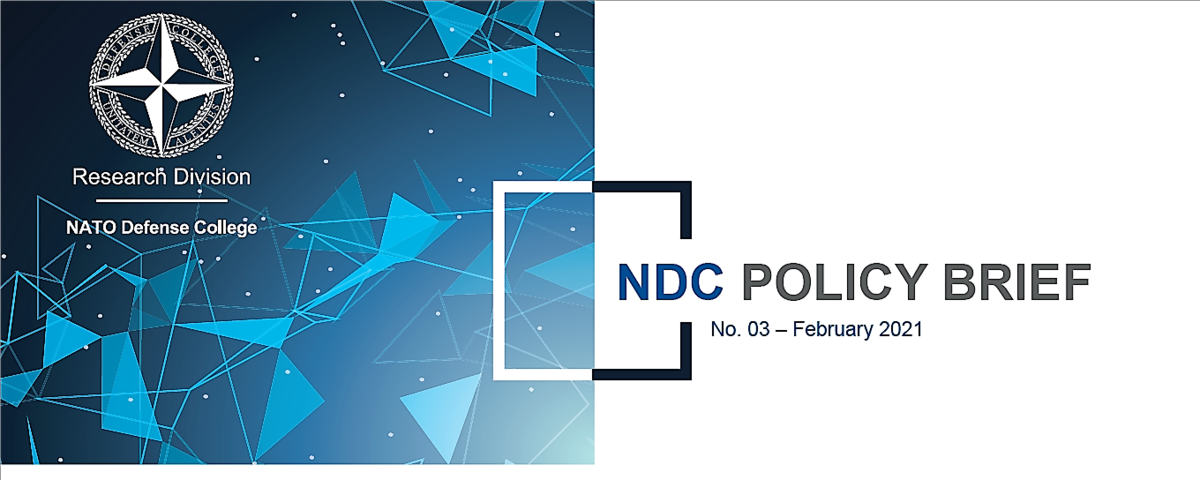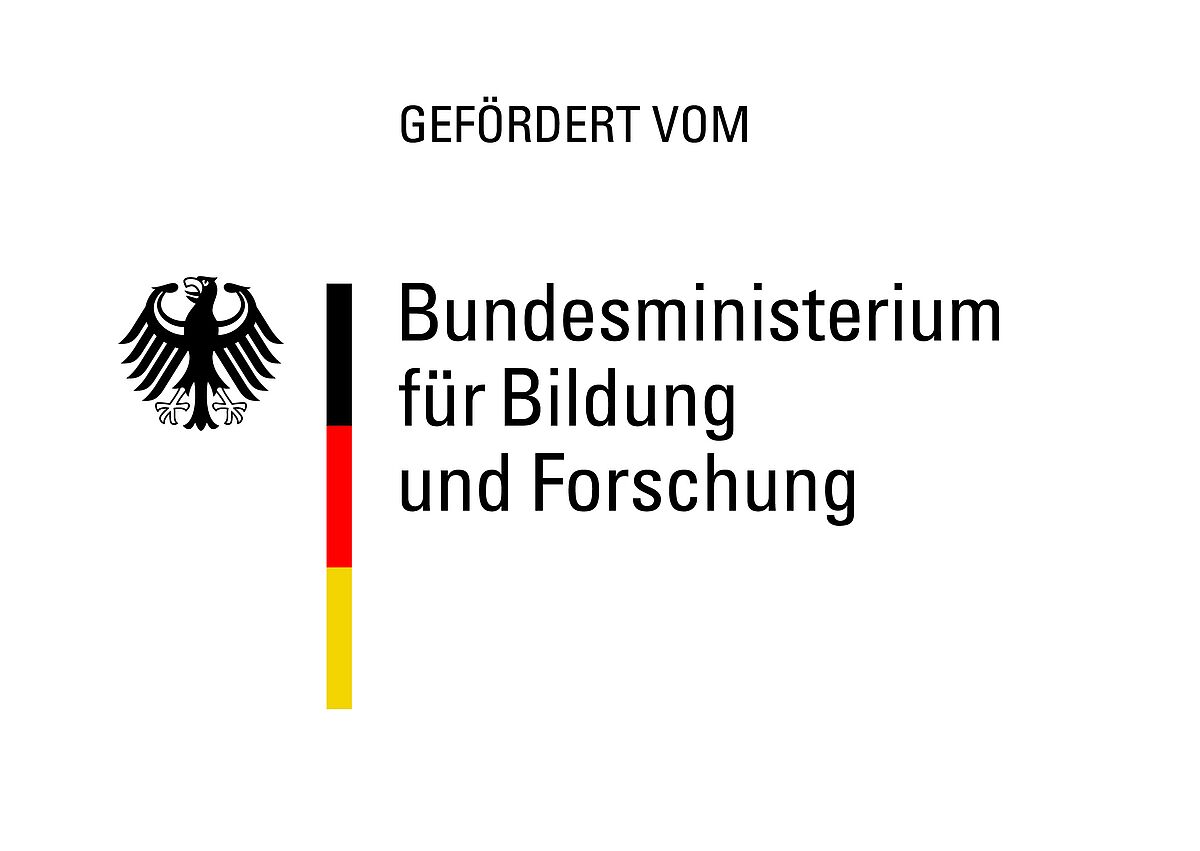Letters occupy a privileged place in writing about archives due to their singularity and ephemerality. Historian Rebecca Earle, for example, describes reading the private letters collected in archives without the intent of the original author as “a form of eavesdropping” because of the supposedly illicit and intimate insights they allow. Maryanne Dever in turn warns against mistaking the intimate for the confessional, and instead refers to the “fissured archive” of letter collections because of their missing links and lost references. Disentangling the letter from individualism and interiority, Mary Hewitt rather stresses their adherence to generic conventions and their function as “a speculative map for … social attachments.” Most agree about their central role in writing the history of women and minorities, for whose “archive stories” few official records might exist.
This talk will contribute to this debate by examining the letters exchanged transnationally among a group of (mostly unmarried) US American women in the second half of the nineteenth century with the two-fold aim of highlighting the practical concerns of working with manuscript correspondence (including their transcription and “representation”) and situating that work within the “archival turn” of cultural and queer studies. It will highlight the letters’ multiply contradictory status as source and object of study, as outward-bound and inward-facing, as singular and embedded in hundreds of connected records, and address the role of letters in the actual and metaphorical archives of American Studies. Epistolary exchange, it will argue, emerge as the central material of queer attachments across long distances – geographically for the correspondents, temporally for the contemporary scholars who eavesdrop on their intimate connections.
Mehr Informationen auf der Website der Universität Siegen hier








